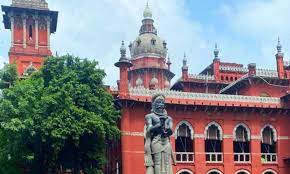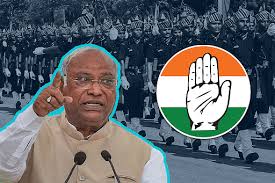Last Updated on August 10, 2021 by Administrator
BY- Shashank Mohan
A three Judge bench of the Supreme Court comprising CJI N.V Ramana, Justices Vineet Saran and Surya Kant while hearing the plea of Advocate Ashwini Kumar Upadhya who pleaded for speedy trial of withdrawal cases pending against MPs and MLAs by setting up Special Courts, ordered that criminal cases against Members of Parliament (MPs) and Members of Legislative Assemblies (MLAs) cannot be withdrawn without prior sanction of the concerned High Court.
The Hon’ble court had appointed Amicus Curiae Vijay Hansaria, to look into the matter and to submit a detailed report on the status of trial pending against MPs and MLAs.
The report highlighted that the number of cases against MPs and MLAs has increased from 4,122 in December, 2018 to 4,859 as on September 2020, registering an increase of 17% within a short span of two years.
The report also emphasised on the non-responsive attitude of Central Agencies, including CBI, where even on repetitive orders by the top court no status report was submitted before the court. State governments in the recent past are trying to withdraw cases of their MPs and MLAs, for instance UP govt. have filed from withdrawal of 70 cases.
The state governments are also using their power under section 321 Crcp which allows the Public prosecutor to request for withdrawal of cases subject to the approval of the Trial Judge. On subsequent approval the accused stands discharged or acquitted for that particular offence without the High Courts leave.
Reference was made to State of Kerala vs. K Ajith judgement which laid down the principles required for entertaining a request for withdrawal of prosecution under section 321 CrPC, saying that these principles be considered by the high court while considering requests for withdrawal of prosecution.
The apex court ordered HCs to examine such cases, and also directed the registrars to submit charts of Judges hearing the case.






















